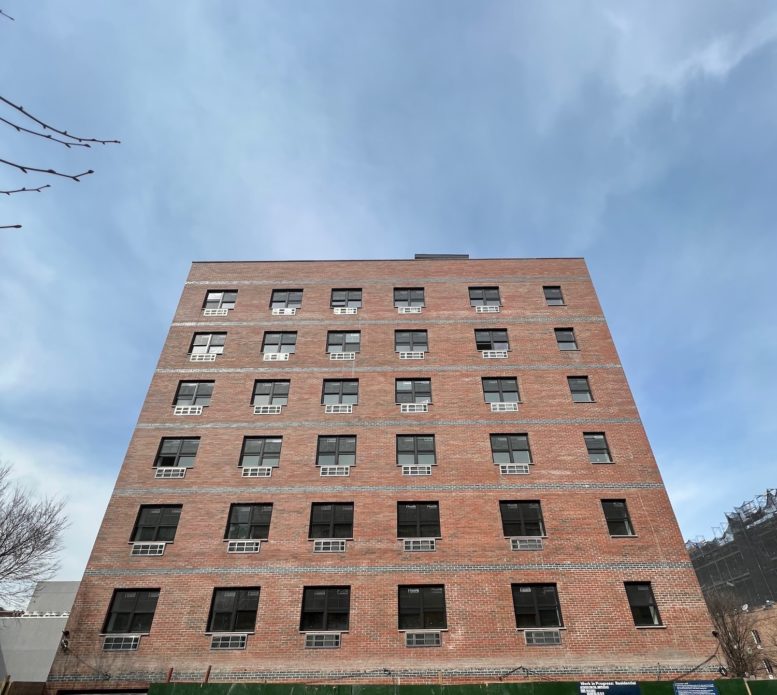Defendant Received Over $1 Million Dollars into Several Bank Accounts He Controlled and Through Coconspirator Cash Deliveries in the Bronx, New York, Which Primarily Consisted of Proceeds of Romance Schemes Targeting Elderly Victims
Damian Williams, the United States Attorney for the Southern District of New York, announced that SADICK EDUSEI KISSI was convicted today of three criminal counts he was charged with for his participation in a conspiracy based in the Republic of Ghana (“Ghana”) involving the theft of more than one million dollars. KISSI was convicted after a jury trial before U.S. District Judge Paul A. Crotty which lasted approximately one week. KISSI was previously arrested on February 5, 2021.
As reflected in the Indictment, public filings, and the evidence presented at trial:
From in or about 2014 through in or about February 2020, a criminal enterprise (the “Enterprise”) based in Ghana committed a series of romance scams against individuals and businesses located across the United States, including in the Southern District of New York. The Enterprise conducted the romance scams by using electronic messages sent via email, text messaging, or online dating websites that deluded victims, many of whom were vulnerable older men and women who lived alone, into believing the victim was in a romantic relationship with a fake identity assumed by members of the Enterprise. Once members of the Enterprise had gained the trust of the victims using the fake identity, they used false pretenses to cause the victims to wire money to bank accounts the victims believed were controlled by their romantic interests, when in fact the bank accounts were controlled by members of the Enterprise like KISSI.
KISSI received money sent by victims of the Enterprise under false pretenses into personal bank accounts located in the Bronx, New York. The defendant also received criminal proceeds from other U.S.-based members of the Enterprise by cash deliveries. Once KISSI received these funds, he took out a percentage fee and then withdrew, transported, and laundered those criminal proceeds to other members of the Enterprise, in order to send those funds abroad to Ghana.
From in or about 2015 through in or about 2020, KISSI controlled more than eight bank accounts that had deposits that totaled over approximately $1 million during that time period. A substantial portion of the deposits consisted of large wire transfers and check or cash deposits from U.S.-based individuals and entities that were victims of schemes of the Enterprise.
KISSI, 25, of Dickinson, North Dakota, was convicted by a jury of one count of conspiracy to commit money laundering, which carries a maximum sentence of 20 years in prison; one count of receipt of stolen money, which carries a maximum sentence of 10 years in prison; and one count of conspiracy to receive stolen money, which carries a maximum sentence of five years in prison. KISSI was also acquitted of one count of conspiring to commit wire fraud.
KISSI will be sentenced before Judge Crotty at a later date.
The maximum potential sentences are prescribed by Congress and are provided here for informational purposes only, as any sentencing of the defendant will be determined by the judge.
Mr. Williams praised the outstanding investigative work of the FBI.

